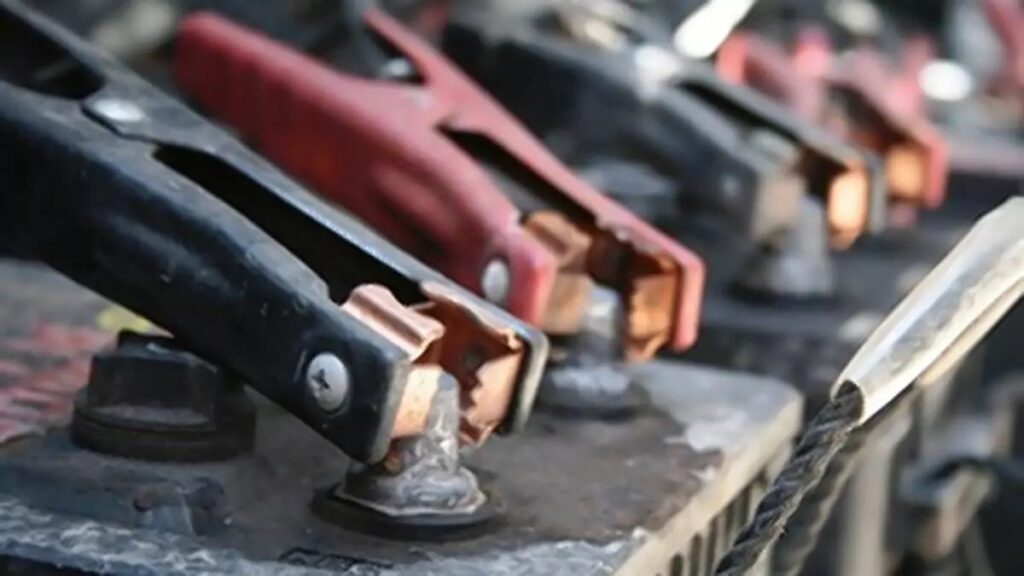Lead-acid batteries generally do not spontaneously combust, but they can pose safety hazards under certain conditions. Here are some scenarios where lead-acid batteries can become dangerous.
- Overcharging: Overcharging a lead-acid battery can produce excessive hydrogen and oxygen gases, which are highly flammable. If these gases accumulate in an enclosed space and a spark occurs, it can lead to an explosion.
- Short Circuit: If a lead-acid battery experiences a short circuit, it can generate a significant amount of heat. This heat can cause the electrolyte (sulfuric acid) to boil and potentially lead to a rupture or explosion.
- Physical Damage: Physical damage to a lead-acid battery, such as puncturing the casing, can cause internal short circuits or release of the acid, both of which can be hazardous.
- Improper Maintenance: Lack of proper maintenance, such as allowing the electrolyte levels to drop too low, can lead to internal damage and increase the risk of failure.
- Manufacturing Defects: Occasionally, manufacturing defects can lead to internal faults that might cause a battery to overheat or fail catastrophically.
To minimize risks:
- Ensure proper charging protocols.
- Avoid short circuits and physical damage.
- Regularly maintain and inspect the battery.
- Use batteries in well-ventilated areas to prevent gas accumulation.
While lead-acid batteries are generally safe when used correctly, understanding and mitigating these risks is crucial for safe operation.


